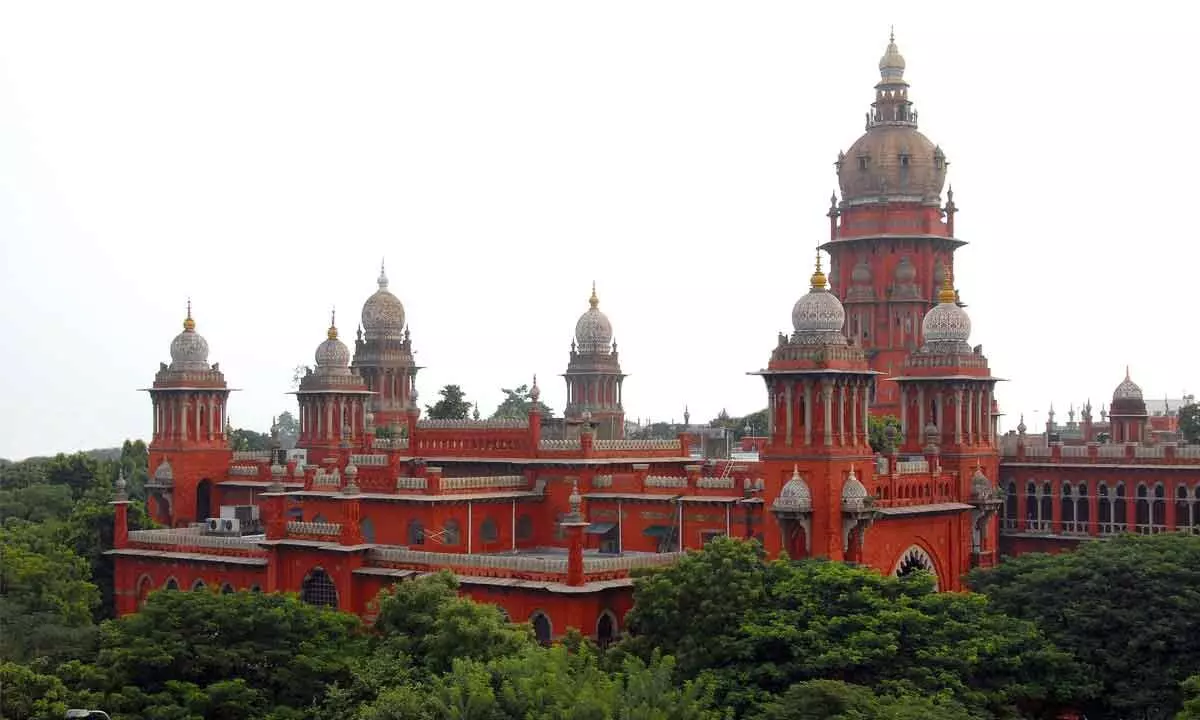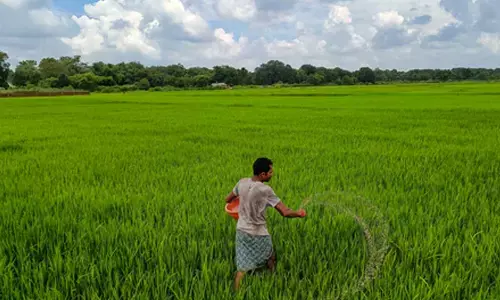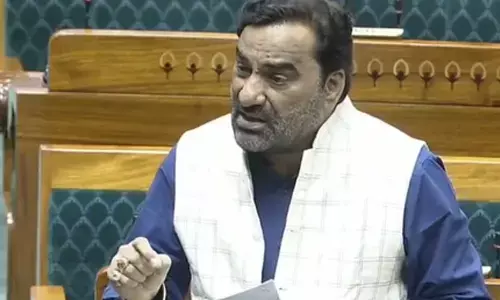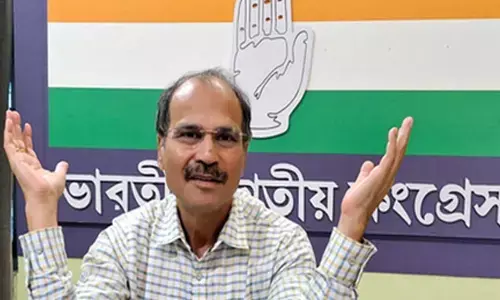Madras HC questions widespread usage of preventive detention laws by TN Police
Share :

Madras HC Allows ED to Continue Probe Against TASMAC in PMLA Case
The Madras High Court on Tuesday asked the Tamil Nadu Police why preventive detention laws were being used wholesale in the state.
Chennai: The Madras High Court on Tuesday asked the Tamil Nadu Police why preventive detention laws were being used wholesale in the state.
Justice S.M.Subramaniam, who headed a division bench, also comprising Justice V.Sivagnanam, posed the question to State Public Prosecutor Hasan Mohammed Jinnah while expressing his anguish at numerous cases of preventive detention laws being used as an easy way out to keep individuals in prison for six to seven months without any trial or conviction.
The judge said that his bench heard a case just a few hours ago of a person having murdered another individual due to a scuffle that ensued when they were playing cricket, and though there was no other case against the accused, yet the police had branded him as a 'Goonda' (goon) and invoked the preventive detention law.
Stating that it was a crime that had occurred at the spur of a moment, he asked how fair it was to invoke the Goondas Act and thereby curtail the personal freedom of the person even if he managed to obtain bail in the murder case.
Justice Subramanian reminded the police that preventive detention leads to very serious consequences and that branding a person as a Goonda, even for being involved in a single criminal case, leads to stigma. He said that those detained under the Goondas Act are deprived of the opportunity to earn their livelihood and consequently, the family that depends upon their income is also left in a lurch.
He suggested that the police department could, instead, strengthen its surveillance system and keep a check over individuals whom they suspect to be trouble makers than keep them under detention for months together.
Justice Subramanian also told the Special Public Prosecutor to advise the police to desist from using the preventive detention laws at the drop of the hat, adding that the court may have to think of granting interim bail to those detained under the preventive detention laws if it was convinced of no prima facie case of threat to public order.
He also said that people were afraid of going to a police station while they didn't have any such hesitation in visiting the courts, hospitals, or government offices.
Justice Subramaniam also said that the police department requires much greater reforms than merely calling itself a friend of the people, and stressed that the police personnel must conduct themselves properly and treat complainants with respect. True reforms in the police department will take place only when citizens do not have any hesitation to walk into a police station, he added.
He reiterated that preventive detention laws must be used sparingly in cases where there are cogent materials to believe the likelihood of a breach of public order if a person was allowed to roam free.
















